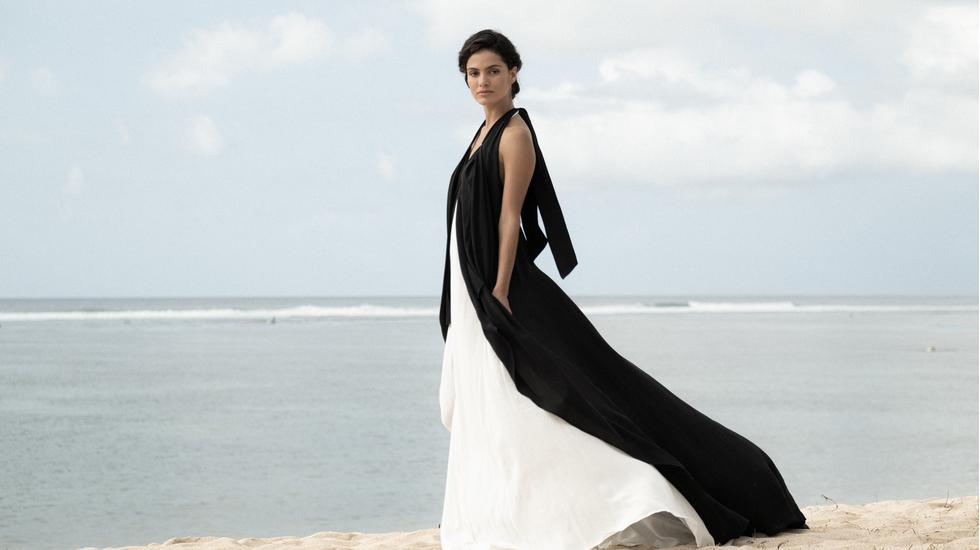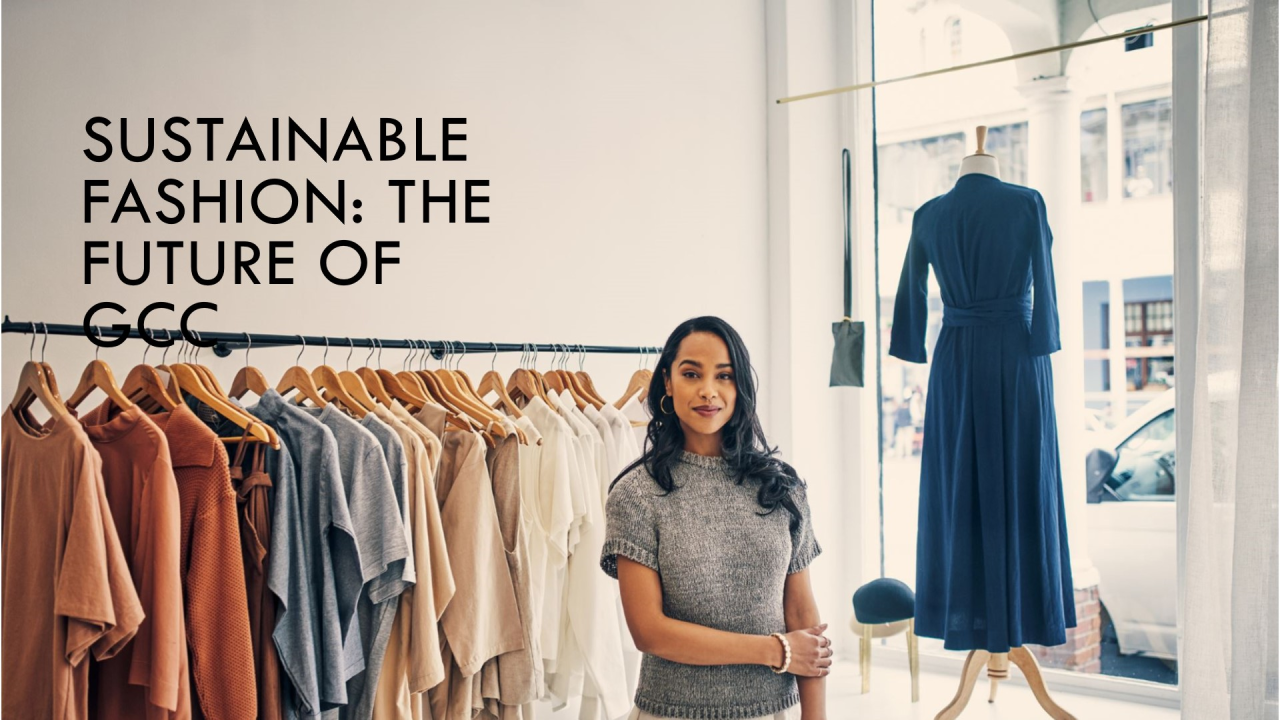The Gulf Cooperation Council (GCC) region is experiencing a significant transformation in its fashion industry, with sustainability at the forefront. A new generation of designers and brands is emerging, blending traditional craftsmanship with modern eco-friendly practices. These brands are not only redefining fashion but also promoting environmental consciousness and cultural pride.
1. The Giving Movement – Dubai’s Sustainable Streetwear Pioneer
Established in Dubai, The Giving Movement has rapidly become a prominent sustainable streetwear brand. Founded by British expatriate Dominic Nowell-Barnes, the brand emphasizes its local roots through the use of Arabic calligraphy on its garments. A key aspect of its mission is charitable giving; the company donates $4 from every item sold, contributing to over $2 million raised for various causes. With over 133,000 units sold, The Giving Movement plans for global expansion while maintaining its commitment to sustainability and community support.
2. Faiza Bouguessa – Melding Modesty with Modernity
Dubai-based designer Faiza Bouguessa seamlessly blends her French-Algerian heritage with contemporary fashion. Her brand focuses on minimalist designs that cater to modest fashion sensibilities. By using sustainable materials and ethical production methods, Bouguessa ensures that her creations are both stylish and environmentally conscious. Her work not only promotes sustainable fashion but also fosters cross-cultural understanding and acceptance.
3. Kalita al Swaidi – Nature-Inspired Ethical Fashion

Drawing inspiration from her diverse heritage and the natural world, Kalita al Swaidi creates fashion that celebrates both beauty and sustainability. Her brand utilizes organic materials, plastic-free packaging, and ethical sourcing practices. By incorporating elements from various cultures and landscapes, al Swaidi crafts collections that are not only eco-friendly but also rich in cultural narratives. Her dedication to environmental consciousness and fair practices is evident in every aspect of her designs.
4. Boutique De Nana – Sustainable Luxury with a Purpose
Boutique De Nana, founded by Yousra Elsadig, offers a fusion of luxury and sustainability. The brand focuses on creating timeless pieces using sustainable materials and ethical production processes. Elsadig’s commitment to sustainability is evident in every aspect of the brand, from design to delivery, ensuring that each creation aligns with her vision of responsible luxury. Her work exemplifies how luxury fashion can be both elegant and environmentally conscious.
5. Emergency Room Beirut – Fashion with a Conscience
Emergency Room Beirut stands out for its commitment to sustainability and social responsibility. The brand focuses on using recycled materials and upcycled fabrics to create its collections. By promoting ethical fashion practices, Emergency Room Beirut encourages consumers to make conscious choices that benefit both the environment and society. Their designs are a testament to how fashion can be both innovative and responsible.
6. Ashi Studio – Haute Couture Meets Sustainability

Ashi Studio, led by Saudi designer Mohammed Ashi, is renowned for its architectural approach to fashion. While primarily known for haute couture, the brand is increasingly incorporating sustainable practices into its designs. By focusing on craftsmanship and quality, Ashi Studio ensures that each piece is not only a work of art but also a step towards more sustainable fashion practices. Their commitment to sustainability is reshaping perceptions of luxury fashion in the region.
Conclusion: A Greener Future for GCC Fashion
The emergence of these sustainable fashion brands in the GCC signifies a shift towards more responsible and ethical fashion practices in the region. By prioritizing sustainability, these brands are not only reducing their environmental impact but also setting new standards for the industry. As consumer awareness grows, the demand for sustainable fashion is expected to increase, paving the way for a more eco-conscious and culturally rich fashion landscape in the GCC. This movement reflects a broader global trend towards sustainability and ethical production, positioning the GCC as a significant player in the future of fashion.
Saudi Arabia’s Surprising New Ally: The Taliban’s Role in Vision 2030



